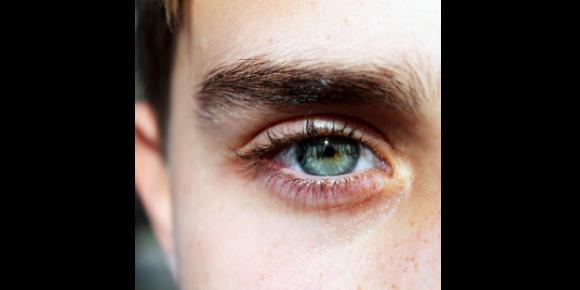
Eyebrows and eyelashes serve important functions and protect our eyes every single day!
You see them every time you look in the mirror, but you probably don’t think about them very often. And when you do start thinking about those seemingly random furry patches on your forehead known as eyebrows or the delicate hair coming out of your eyelids known as eyelashes, they seem kind of strange! So what is their purpose anyway?
Eyebrows And Eyelashes Help Safeguard Our Eyes
Most of you probably already know that the real purpose behind our eyebrows and eyelashes is to protect our eyes. But today, we want to explain in detail exactly what that means!
Eyebrows
The first, and most obvious, function of eyebrows is to keep our eyes clear of liquid, such as sweat or rain. The brow’s arch shape diverts liquid around the eyes and to the sides of our face, keeping any water or salty sweat out of our eyes. It’s not something you think about all the time, but the next time you work out and end up sweating buckets, just be grateful that your eyebrows are keeping all of that out of your eyes.
Eyebrows also serve an important social function, helping us express ourselves to other people. We can tell people we are surprised, angry, sad, happy, confused–all with the help of our eyebrows. In fact, according to a study done at MIT, our eyebrows are one of our most distinctive facial features and without them, people may have a hard time identifying us!
Eyelashes
Your eyelashes have a similar purpose. Not only do they do their best to direct liquid away from your eyes, they also keep sand and debris at bay. And just like a dog or cat’s whiskers, they are highly sensitive to the touch. This means that if something is coming too close to your eye, you will feel them at your eyelashes first, giving you extra time to close your eyes against any oncoming danger.
As it turns out, nature has given us mammals the perfect length of lashes! Eyelashes are the ideal length for protecting our eyes from debris and keeping them moist and comfortable. Any shorter or longer and your eyes could be more susceptible to dust particles and dry eye.
Do You Have Any Other Eye Questions?
Are you curious about any other parts of your eye or their functions? Let us know in the comments below or on our Facebook page. We love answering your questions!
Thank you for being such wonderful patients!
The content on this blog is not intended to be a substitute for professional medical advice, diagnosis, or treatment. Always seek the advice of qualified health providers with questions you may have regarding medical conditions.
